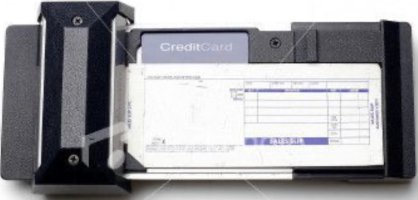I would settle for long and pronounceable. Heck, tetramethyldiaminotriphenylmethane isn't that hard to pronounce and it is a challenger for the longest word in English, but when a name is replete with x's that sound like z's and syllables that don't flow it just gets silly. A couple of examples Idarucizumab and Isavuconazonium Sulfate. The sulphate part is easy. The rest, not so much. Maybe the biggest problem is that names pulled out of thin air with no classical language (e.g. Latin or Greek) root give the reader no clue to the syllabic structure. Hyphens and accent symbols would help.It’s surprisingly difficult to find a short word that’s easily pronounced in over 100 languages, yet not offensive in any of them.
Last edited:
Upvote
0

